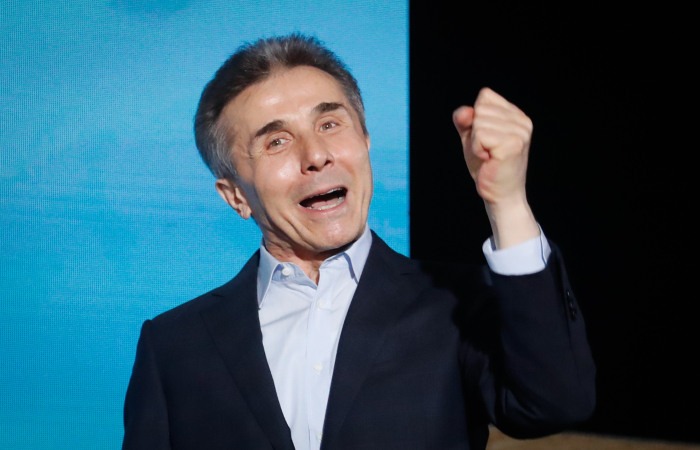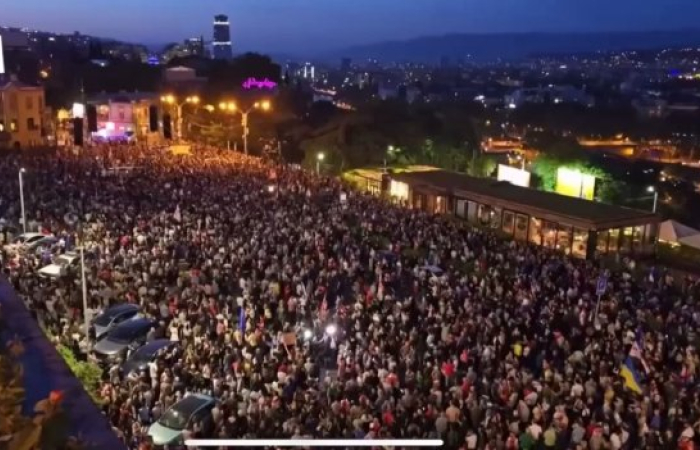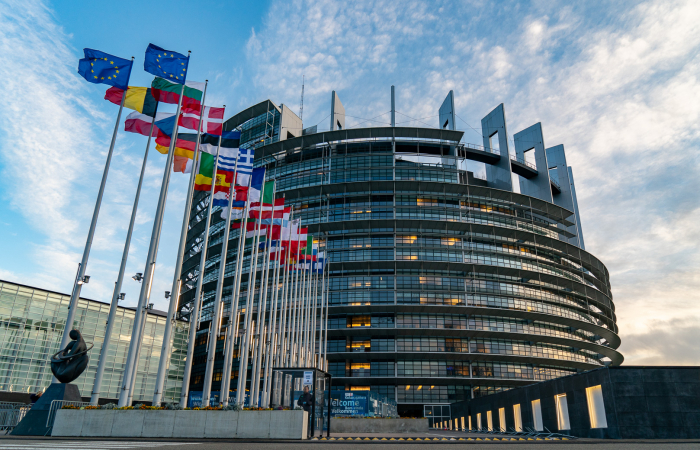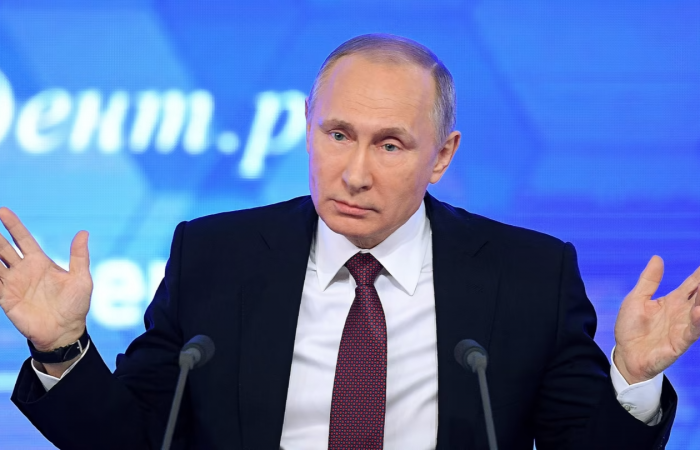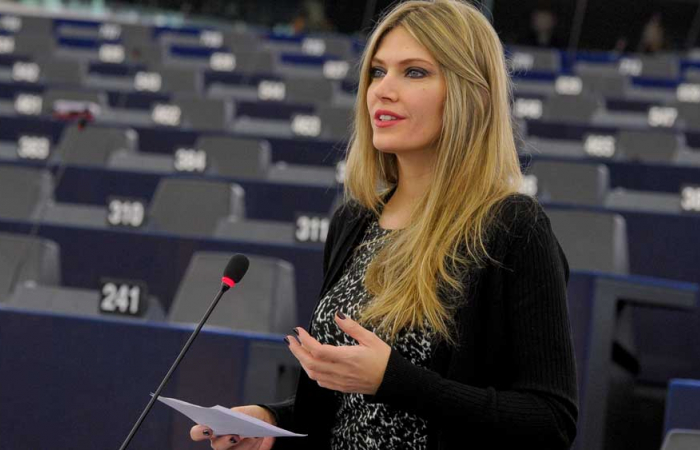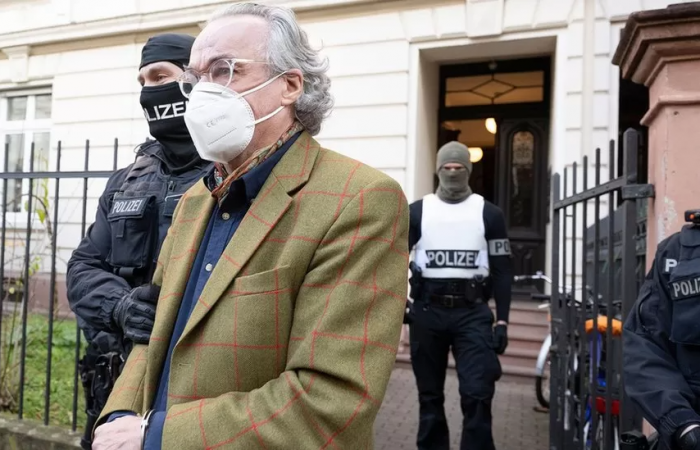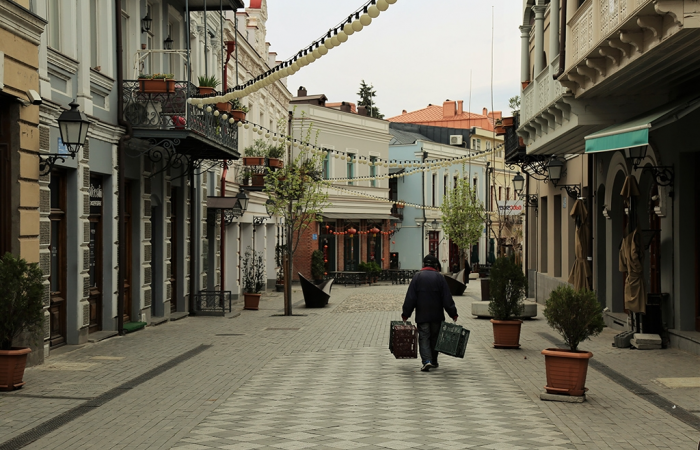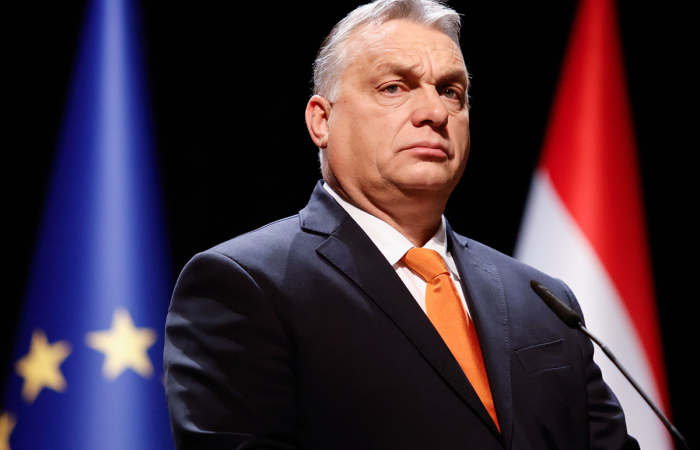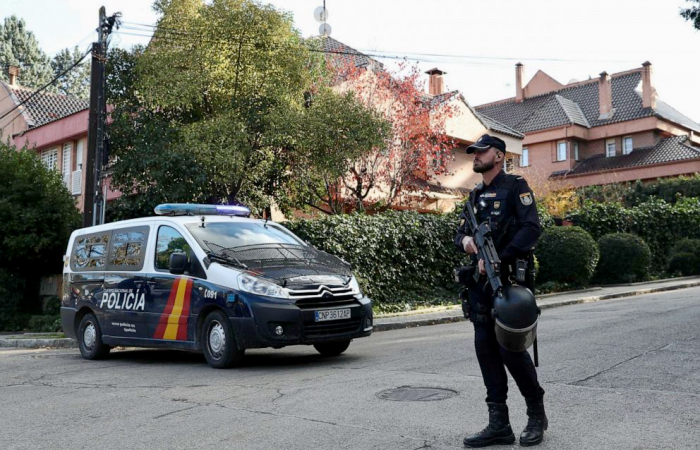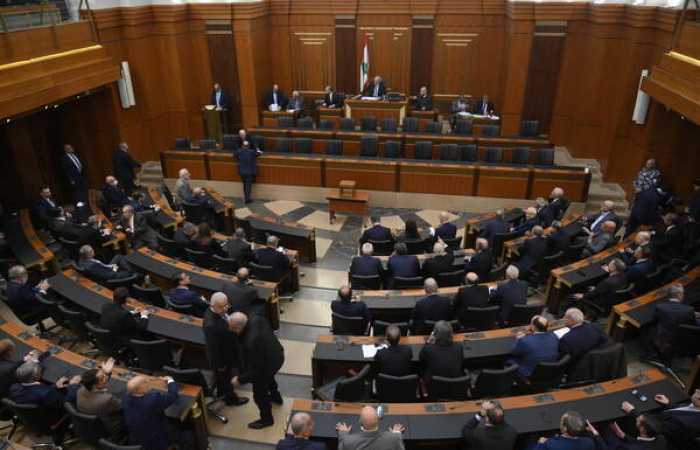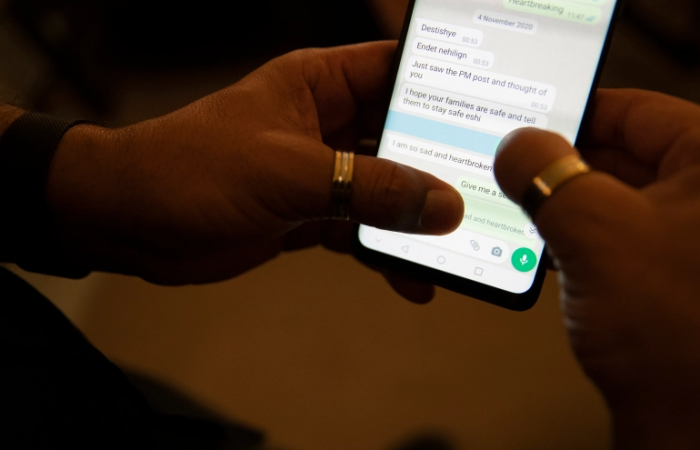Trending
Mask off
30 April 2024
Bidzina Ivanishvili, founder and honorary chairman of the Georgian Dream party, addressed a large crowd of supporters in Georgia's capital Tbilisi on Monday, 29 April as the standoff between Government and opposition continues.
In a fiery speech, considered as the most radical of his political career, Ivanishvili lambasted the US and NATO, accusing them of seeing Georgia only as cannon fodder. He slammed the country's opposition and civil society and promised a heavy handed approach towards the opposition following next October elections. The mask that had hid the true Ivanishvili for the last twelve years finally fell. Ivanishvili accused NGOs of trying to organise a revolution and threatened all those who oppose him.
He said "I know many of our supporters were dissatisfied that we did not punish the United National Movement enough. Even though many of their leaders spent time in prison and their leader [Saakashvili] is still in prison, it is true that we did not pass the UNM in a tribunal as such, did not condemn it as a treasonous, criminal entity that it is. Why did not we do it? Because we were under tremendous pressure. In fact, UNM was appointed the opposition [in 2012] just like they were appointed as government [in 2003] by the global party of war. The Georgian people should decide the country’s fate. After the [victory in] elections, we will issue a strict political and legal condemnation to the collective UNM [meaning NGOs and political opponents]; it will get the due punishment it deserves. They will pay for all the crimes against the Georgian people."



